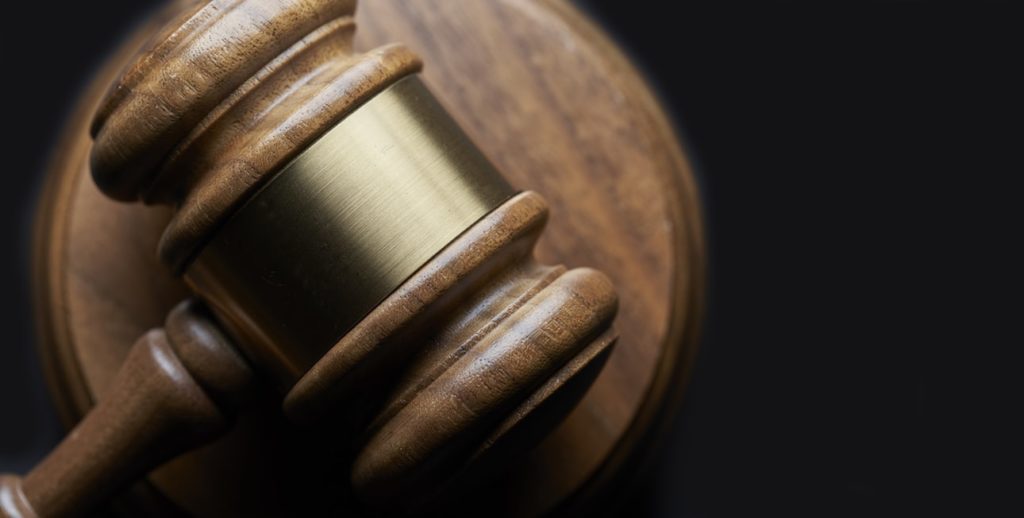
By Rona Amiri
In 2015, an in Alberta told a young woman that she could have avoided rape by keeping her knees together.
In 2015, acquitted a man for murder in the killing of Cindy Gladue, the trial was tainted by an incredible lack of knowledge of even the most basic sexual assault laws — not just by the trial judge, but by Crown lawyers, who were supposed to protect Gladue’s interests and seek justice for her.
In April of 2018, a young woman testified about being raped by her brother in-law and that she didn’t always fight back when she was brutally raped over a 15-hour period. Sometimes she screamed at the accused to stop, but other times she stayed quiet out of fear, she said. “Surely it is one or the other,” Superior Court Justice Mitchell determined in her April 2018 verdict. “The fact she behaved inconsistently in this regard, weakens her credibility.”
In 2018, a judge acquitted a violin teacher despite testimony from 21 female victims describing how, when they were teenagers in the 1970s and ’80s, the teacher would make them stand and sometimes play topless so he could touch their breasts.
Earlier this year, a judge acquitted a man who dragged a woman into his living room by her arms and legs, removed her clothing, and then sexually assaulted her repeatedly and threatened to “stomp on her head” if she left.
 These are just a few of the examples of the failings of judges in Canada. Some would argue that these cases are abnormal and are the result of a few “bad apples”. But if that were the case, wouldn’t we have a better way of screening judges before they are hired to make sure no bad apples got through? But with so few reports of sexual violence being made and even fewer actually being prosecuted it actually seems to be that this is a larger issue than many think.
These are just a few of the examples of the failings of judges in Canada. Some would argue that these cases are abnormal and are the result of a few “bad apples”. But if that were the case, wouldn’t we have a better way of screening judges before they are hired to make sure no bad apples got through? But with so few reports of sexual violence being made and even fewer actually being prosecuted it actually seems to be that this is a larger issue than many think.
When a system is built to uphold those in power and maintain the status quo of patriarchy we cannot say that it is just a few judges who have this dangerous belief system. It is actually the systemic problems, such as institutional sexism, that require substantial change to create solutions.
Bill C-337 – the JUST Act (Judicial Accountability through Sexual Assault Law Training Act) which was intended for judges to receive training when it came to sexual assault died in the Senate in June after senators stalled for more than two years.
The senate, just like the criminal justice system is patriarchal. So I pose this question, can there be any meaningful change in a system designed to maintain patriarchy?
Accountability and mandatory training for police, lawyers and judges is only the starting point for real transformation.
Justice looks different for all survivors and survivors know what they need. For some, justice means going to the police, for others it might mean writing a letter telling the perpetrator what they did was not ok or for some survivors it might mean sharing their story through social media. At BWSS we support a survivors journey to justice how they see it, holding space, providing information, resources and emotional support. For more information about our services and programs call 604-687-1867 or email intake@bwss.org.





What can we lay people do to get this broken system fixed?